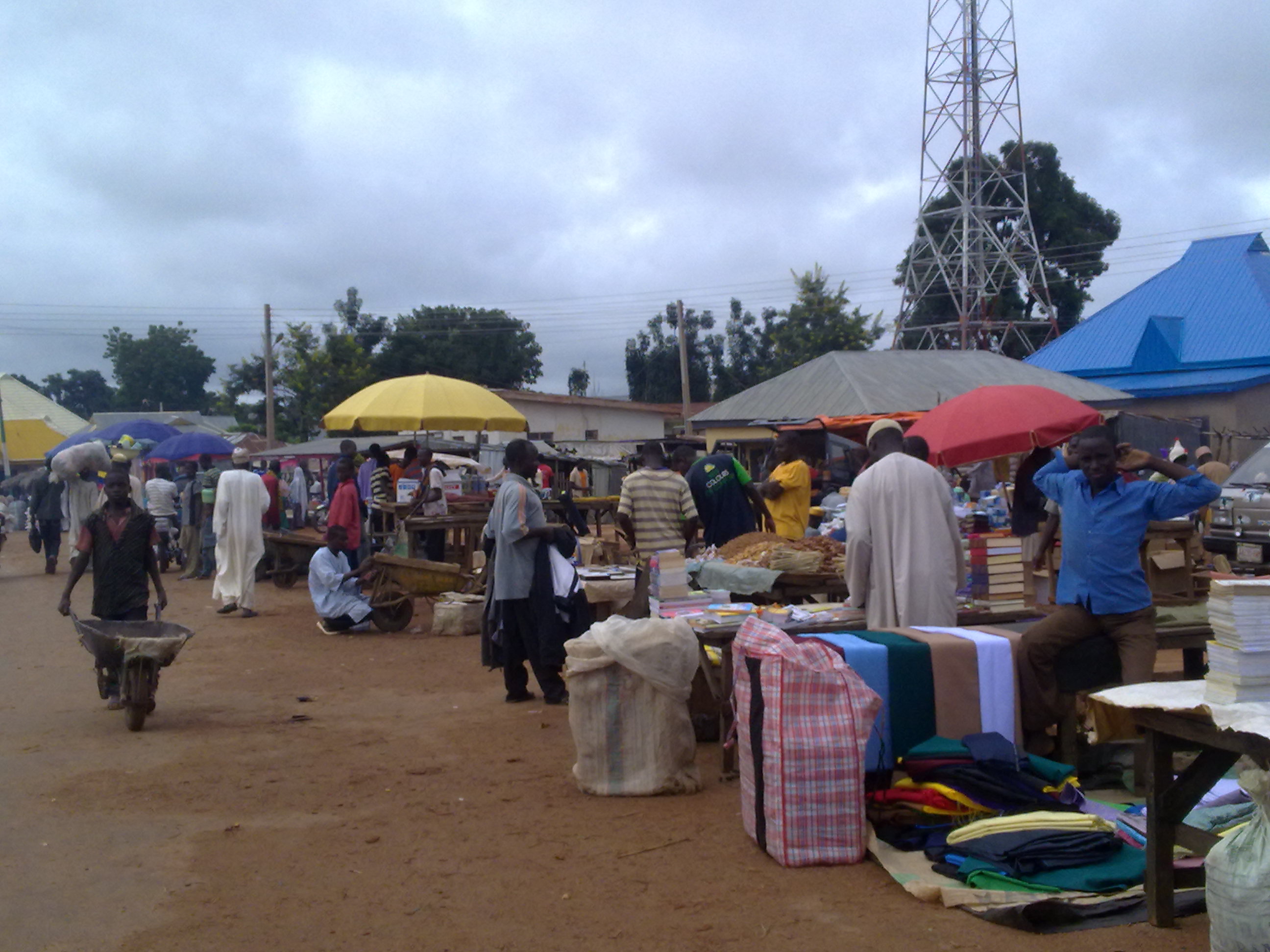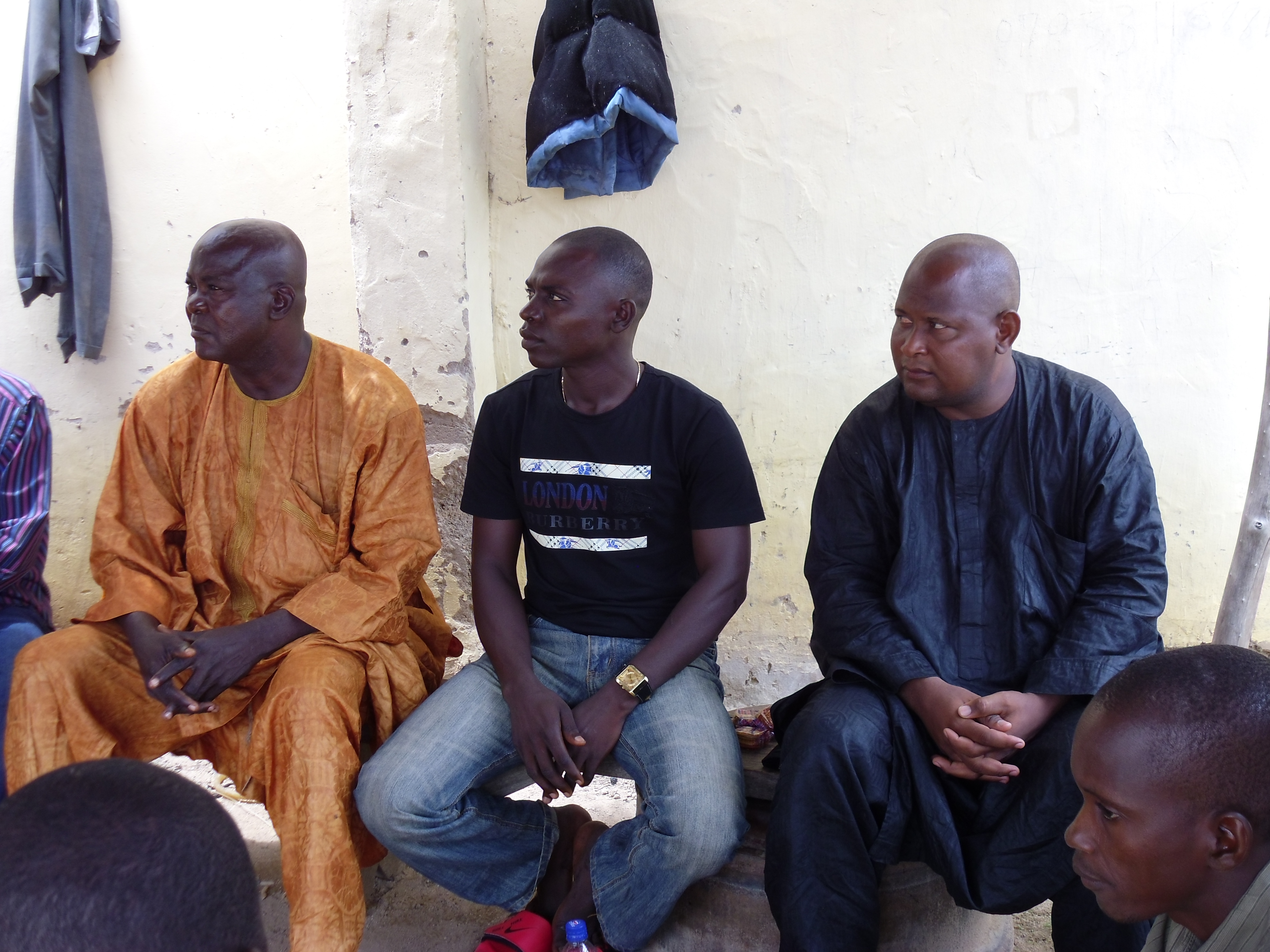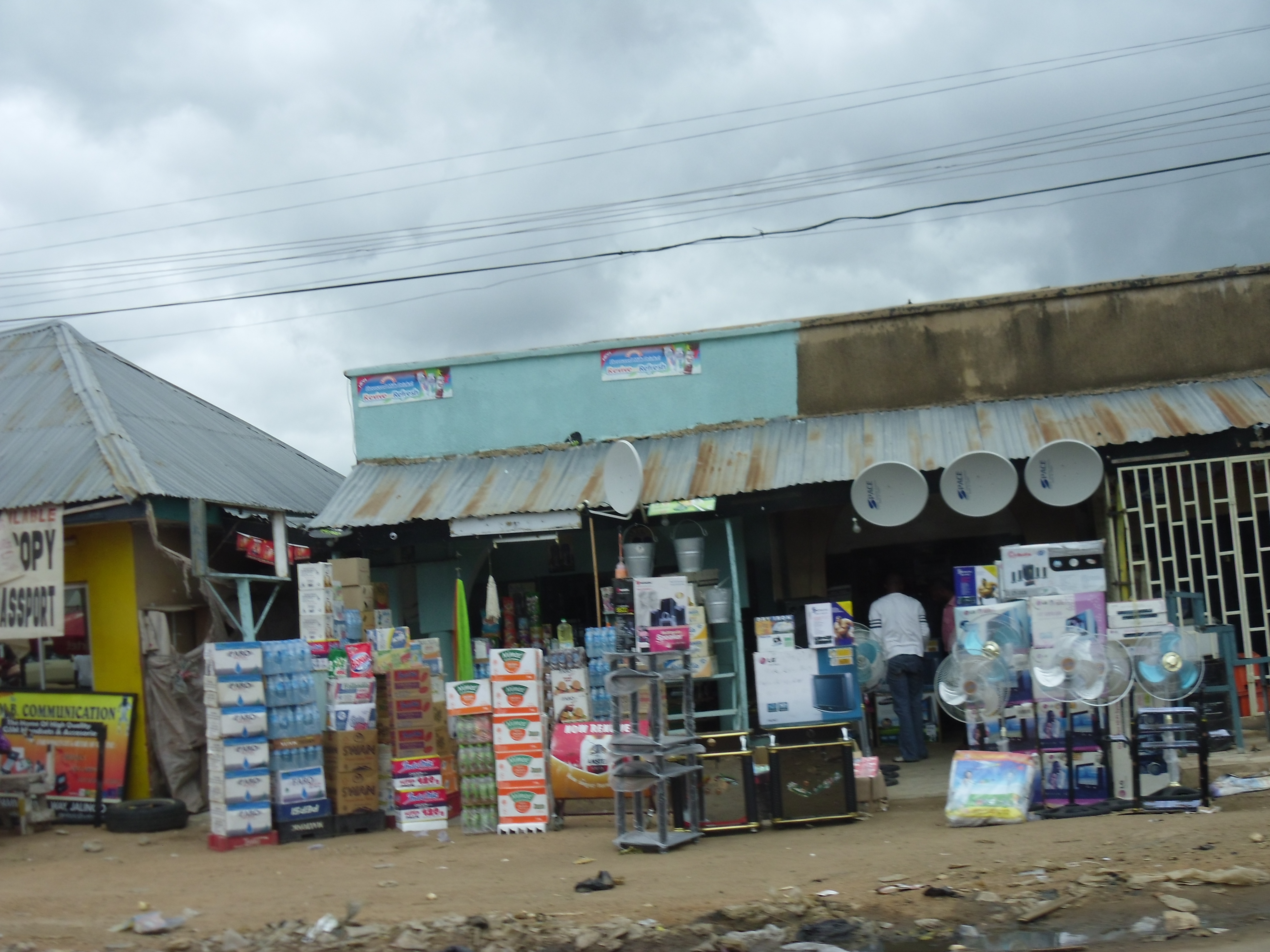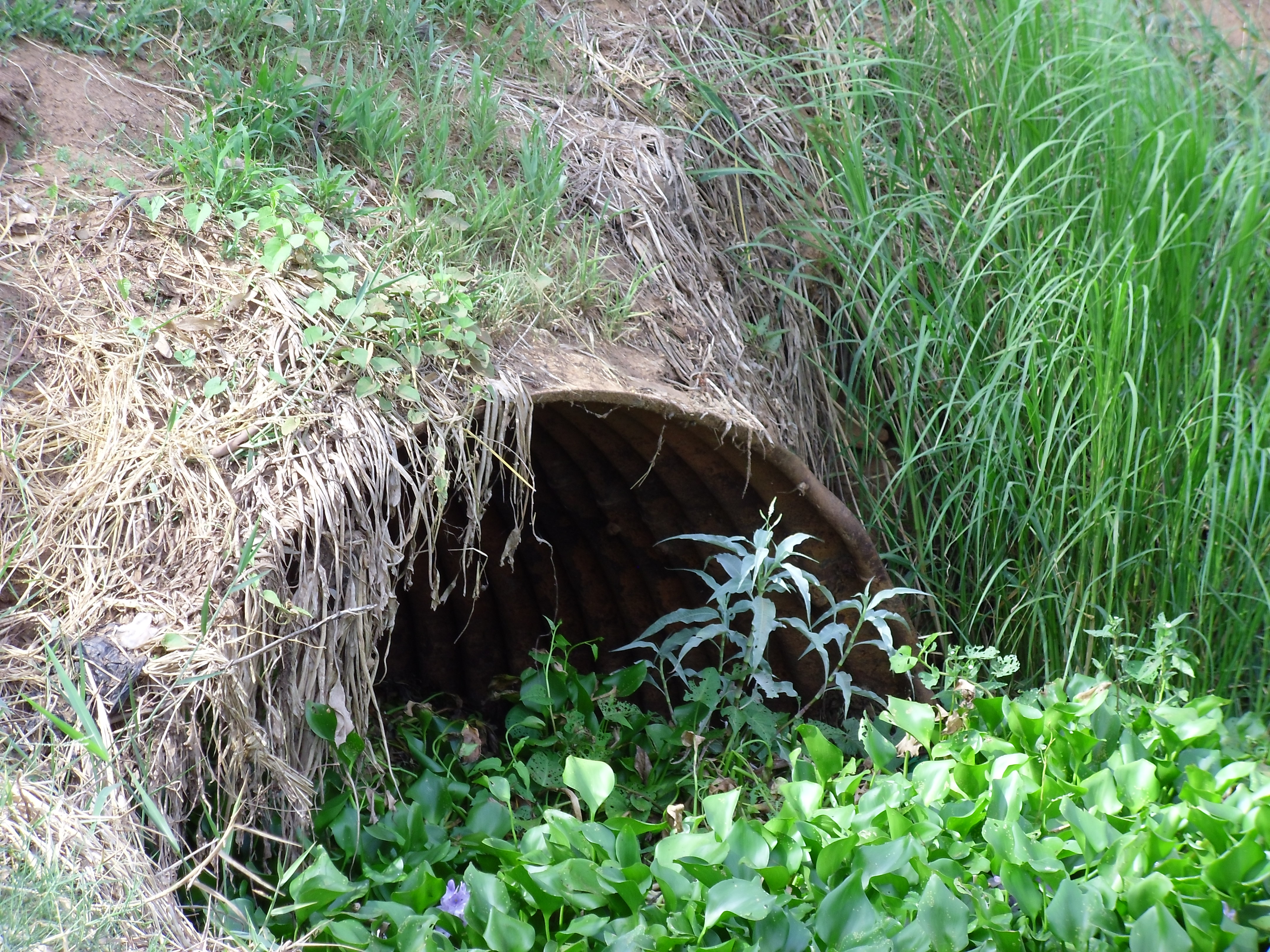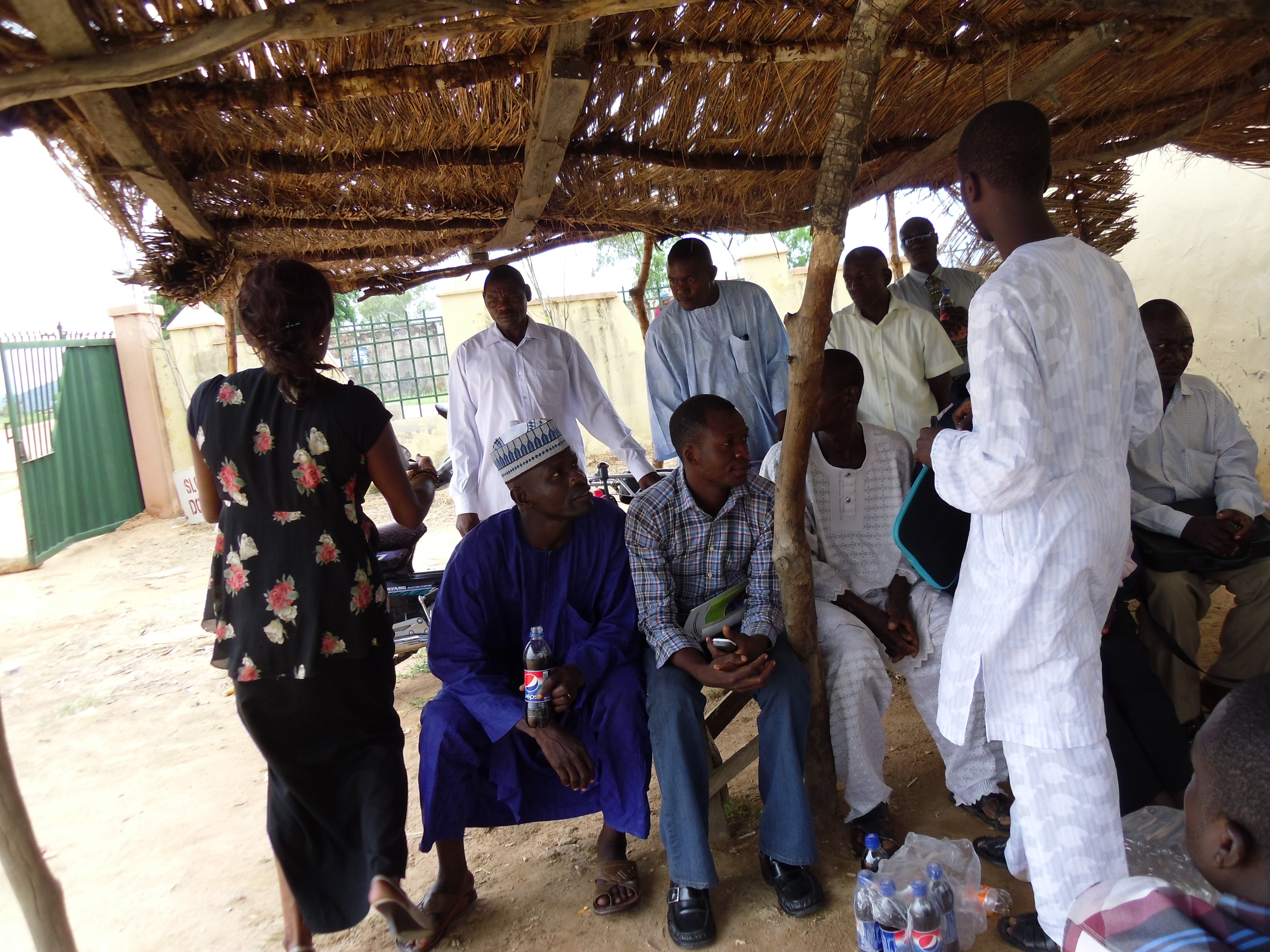Here’s the latest from our ongoing project with Notore in Nigeria:
- As referenced in our last post, we’ve launched the pilot program in five rural states. With the help of a Notore executive in each state, we’ve met with the distributor and 10 of the VPs.
- We trained each group in each state on how to use our Java-app-equipped mobile devices. They’re starting to get familiar with the system. This system empowers the VPs and cuts down on costs, because, instead of maintaining a storefront and storage space for products farmers may or may not want, the VPs can now place the exact order. This not only saves them time and money; it also makes the entire supply chain more efficient.
- Our Java app allows the VPs to see in real-time what the distributor has in stock. The distributor, meanwhile, can see in real-time what the VP is ordering. If the VP’s order isn’t in stock, the system will automatically inform him. In addition, the app allows the VP to see when a distributor is making a shipment. This frees up the VP to spend more time teaching the farmers how to improve their agricultural practices. It also saves farmers lengthy, costly, time-consuming trips to local distribution areas for products that may or may not be available. In turn, it allows the farmers to increase the yield on his land.
The bottom line: We’re making good progress, and we’re hopeful we can make the lives easier of everyone up and down the supply chain. We’ll post pictures soon.
